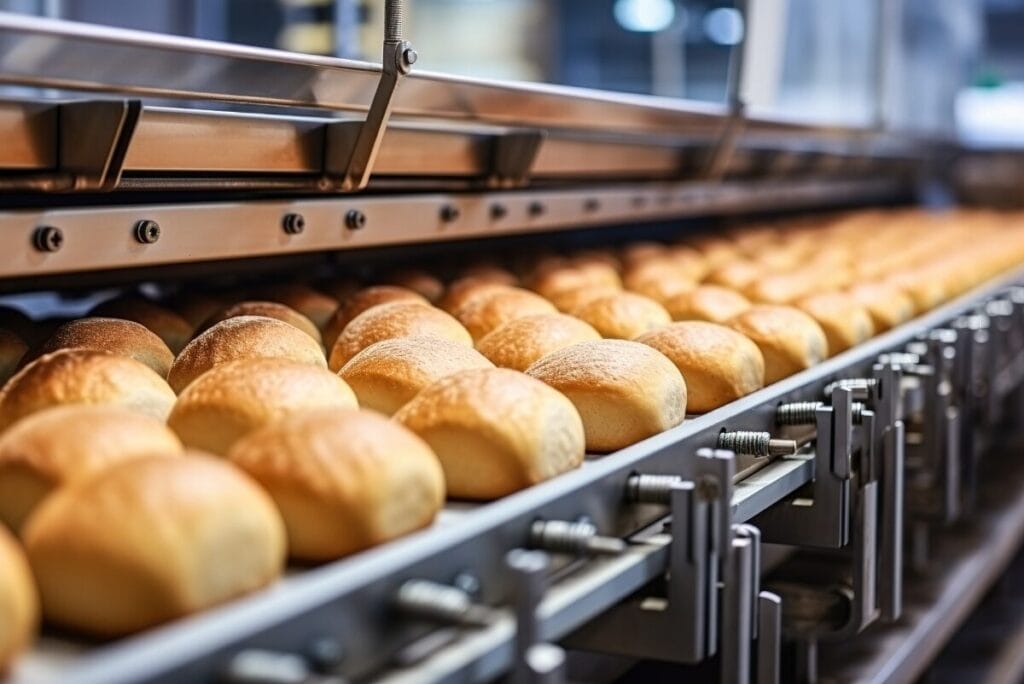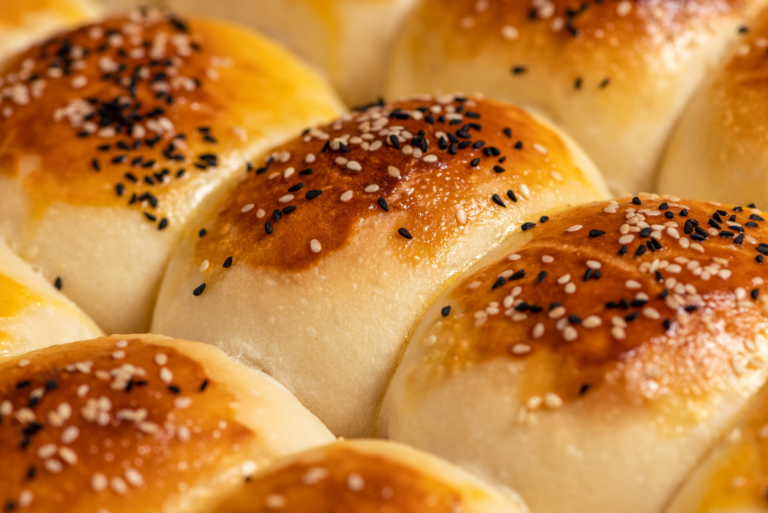For in-store bakeries, preparing house-made rolls or croissants can take 12-15 hours. With Crown Bakeries’ FTO products, fresh rolls can move from freezer to oven to table in about an hour and a half.
“Crown Bakeries FTO rolls have the texture, taste, aroma and crumb that you find in traditionally baked products,” Shaw explained. “For retailers and foodservice operators looking to optimize labor without compromising on offering quality in-house baked items, our FTO line checks all the boxes.”
Crown Bakeries’ in-store bakery segment is growing, and the company will continue investing in FTO innovation for laminated dough products, yeast rolls and breads, with the goal of providing a preservative-free fresh product that helps streamline labor for operators and retailers.
General Mills Foodservice is also committed to providing its retailers with a key suite of back-of-house tools, advancements and support to ensure bread and rolls are easy to bake and end products perform well. Whether online videos, back-of-house templates or patented tools, the goal is to make its products turnkey for anyone to produce.
Recent shifts in consumer snacking and clean-label requirements are impacting innovation for Crown Bakeries. The company has worked extensively to reformulate products to meet updated nutritional requirements and clean-label ingredient standards. The R&D team monitors trend shifts relating to seed oils, high fructose corn syrup, food dyes and preservatives and considers how this impacts its customer production needs.
Because FTO products can be baked fresh by the customer, they are typically clean label and do not require preservatives to aid in shelf-life extension.
“Clean-label items are a top request, and our R&D teams remain committed to sourcing and integrating the latest advancements in natural ingredients and preservative technology,” said Yianny Caparos, president of Crown Bakeries. “We constantly reevaluate our formulas for cost efficiencies or the opportunity to include new ingredient technology. Much of our recent R&D work produced extended life for many of our products without sacrificing clean-label requirements or impacting nutritional statements.”
Crown Bakeries understands clean label can mean different things to different customers. It partners with a diverse customer base, and its production capabilities span industries and product use occasions. As a result, the bakery invests in R&D and in improving management of production on the line.
“We are a customer-centric organization,” Shaw said. “We approach innovation as a driver to optimize our customers’ current product assortments and to introduce new products that meet consumers’ evolving needs and preferences.”
This story has been adapted from the February | Q1 2025 issue of Commercial Baking. Read the full story in the digital edition here.










